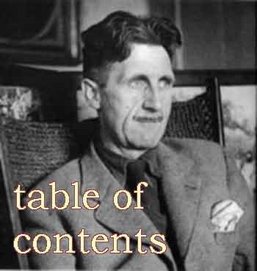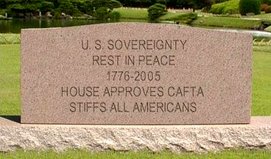Appendix I: Islam and Economic Man
If a single all-embracing reason is to be sought for the dread of a resurgent Islam now prevailing in the highest centers of worldly power, it may be found in the Islamic moral delineation of Economic Man, a system of ideas which challenges the entire foundation of great power in the West.
Monetary reform campaigners in the West, especially in the United States, might be astonished by the quantity and quality of thinking which Muslim scholars have put into the subject of banking and of economics generally, all of it constellated by the Prophet Muhammad's simple utterances. Here are some of the key elements of the Islamic economic philosophy: *
Individual rights: These are a consequence of the fulfillment of duties and obligations, not antecedent to them. In other words, first comes:the duty, then the right.
Property: Ownership is never absolute, conferring on us the right to do with our property wholly as we please. As the Sharia puts it, all property belongs to God: we are only its temporary incumbents and trustees; there are duties and responsibilites inseparably attached to the ownership of property.
Work and wealth: Islam exalts work as an inseparable dimension of faith itself and reprehends idleness. We do not need work only in order to earn a livelihood; we need work to preserve our psychic health; we need to exercise creative skills and to spend energy in work.
Usury: The Koran forcefully prohibits the payment and receipt of interest, or riba as it is called. Interest on a loan is regarded as a creation of instantaneous property rights outside the legtimate framework of existing property rights.
The evil inherent in usury, however, is more recondite and elusive than that. The lending of money at interest can in many instances be advantageous to borrower as well as lender; fortunes have been made with borrowed money. It is only in the contest of a total way of life of a community that the evil nature of usury becomes more clearly visible to the moral imagination.
The principle of usury, once accepted, gives rise to the regular practice of it, requiring or making possible the emergence of a class of moneylender; human nature being as it is, and taking into account the circumstances in which money most often needs to be borrowed, the practice of usury is seen as conferring a compounding advantage on the moneylender class.
*See "The Islamic Banking system in Iran and Pakistan" Mohsin S. Khan and Abbas Mirahker, Journal of Social, Political and Economic Studies, 1986.
Subscribe to:
Post Comments (Atom)







No comments:
Post a Comment